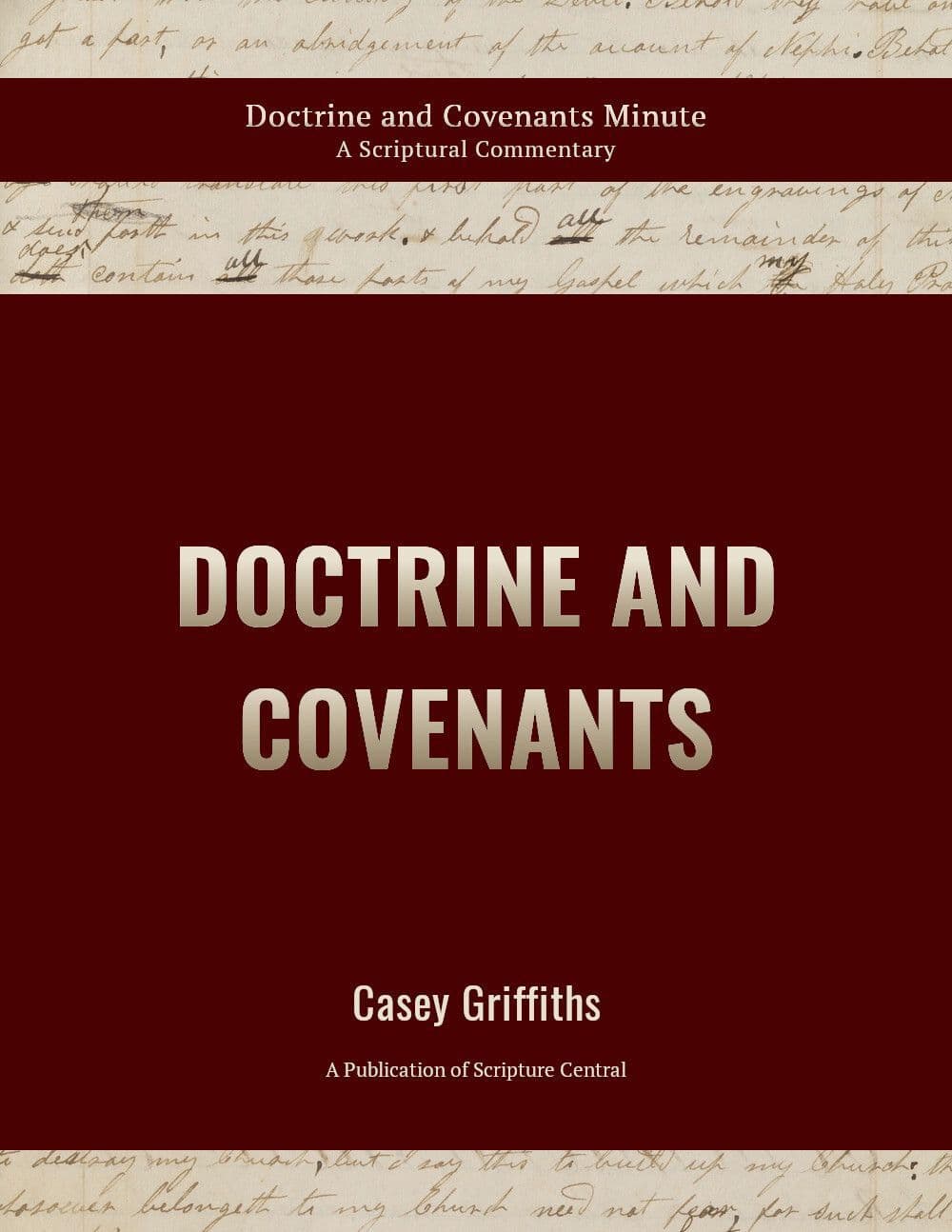Book
144 Chapters

On July 1, 1841, Brigham Young, Heber C. Kimball, and John Taylor arrived in Nauvoo after completing a two-year mission to the British Isles. Called to serve in Europe by a revelation given in 1838 (D&C 118), the Quorum of the Twelve Apostles converted thousands during their service. This mission also served to unite the Twelve into an effective priesthood body. During their time in England, the Apostles also formally sustained Brigham Young as the President of the Quorum of the Twelve.1 Summarizing the missionary labors of the Twelve, Brigham later recorded, “Through the mercy of God we have gained many friends, established churches in almost every noted town and city in the Kingdom of Great Britain, baptized between seven and eight thousand souls, printed 5000 Books of Mormon, 3000 Hymn Books, 2500 volumes of the Millennial Star, and 50,000 tracts.”2
In an 1854 discourse, Brigham later recalled his dire financial situation when he returned from his mission: “I returned again in two years, and found that I had spent hundreds of dollars, which I had accumulated on my mission, to help the brethren to emigrate to Nauvoo, and had but one sovereign left.” He remembered, “I said I would buy a barrel of flour with that, and sit down and eat it with my wife and children, and I determined I would not ask anybody for work, until I had eaten it all up. Brother Joseph asked me how I intended to live. I said, ‘I will go to work and get a living.’”3 On July 9, 1841, just a few days after Brigham returned from his mission, Joseph received section 126 in Brigham’s home in Nauvoo.4
Willard Richards copied this revelation into the “Book of the Law of the Lord” on December 17, 1841. It was first placed into the 1876 edition of the Doctrine and Covenants by Orson Pratt under the direction of President Brigham Young.5
See “Historical Introduction,” Revelation, 9 July 1841 [D&C 126].
1 Dear and well-beloved brother, Brigham Young, verily thus saith the Lord unto you: My servant Brigham, it is no more required at your hand to leave your family as in times past, for your offering is acceptable to me.
2 I have seen your labor and toil in journeyings for my name.
3 I therefore command you to send my word abroad, and take especial care of your family from this time, henceforth and forever. Amen.
Doctrine and Covenants 126 is a brief revelation that highlights the labors and sacrifice of Brigham Young. Brigham had been continually involved in missionary service from the time that he joined the Church in 1832. At the time this revelation was given, he had just returned from his lengthiest period of missionary service yet, spending nearly two years in the British Isles away from his family.
When Brigham left on his mission to England, his family was facing exceptionally difficult circumstances. In an 1854 discourse he described the immense trial of faith he struggled with when he left his family to travel across the Atlantic:
When I left my family to start for England, I was not able to walk one mile, I was not able to lift a small trunk, which I took with me, into the wagon. I left my wife and my six children without a second suit to their backs, for we had left all our property in possession of the mob. Every one of my family were [sic] sick . . . Joseph said, “If you will go, I promise you, that your family shall live, and you shall live, and you shall know that the hand of God is in the calling for you to go and preach the Gospel of life and salvation to a perishing world.” . . . My family lived . . . As for being cast down, or at all discouraged, or even such thoughts entering in my heart as, “I will provide for my family, and let the world perish,” these feelings and thoughts never once occurred to me . . . When I was ready to start, I went and left my family in the hands of the Lord, and with the brethren.6
The Lord’s comforting words to Brigham that “it is no more required at your hand to leave your family as in times past, for your offering is acceptable to me” (D&C 126:1) shows the increasing importance of the steady leadership of Brigham and the other Apostles in Nauvoo. In the next few years Brigham and most of the Twelve were among the first to receive the ordinances of the temple and became close confidants of Joseph Smith. At a conference held a few months after section 126 was received on behalf of Brigham, Joseph Smith declared “that the time had come when the Twelve should be called upon to stand in their place next to the First Presidency, and attend to the settling of emigrants and the business of the church at the stakes, and assist to bear off the kingdom victorious to the nations; and as they had been faithful and had borne the burden in the heat of the day that it was right that they should have an opportunity of providing something for themselves and families.”7
Book
144 Chapters
Items in the BMC Archive are made publicly available for non-commercial, private use. Inclusion within the BMC Archive does not imply endorsement. Items do not represent the official views of The Church of Jesus Christ of Latter-day Saints or of Book of Mormon Central.